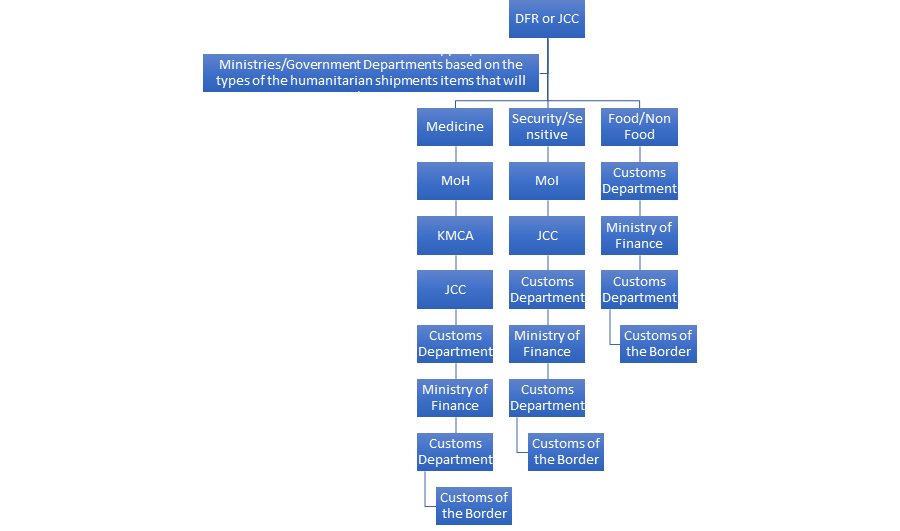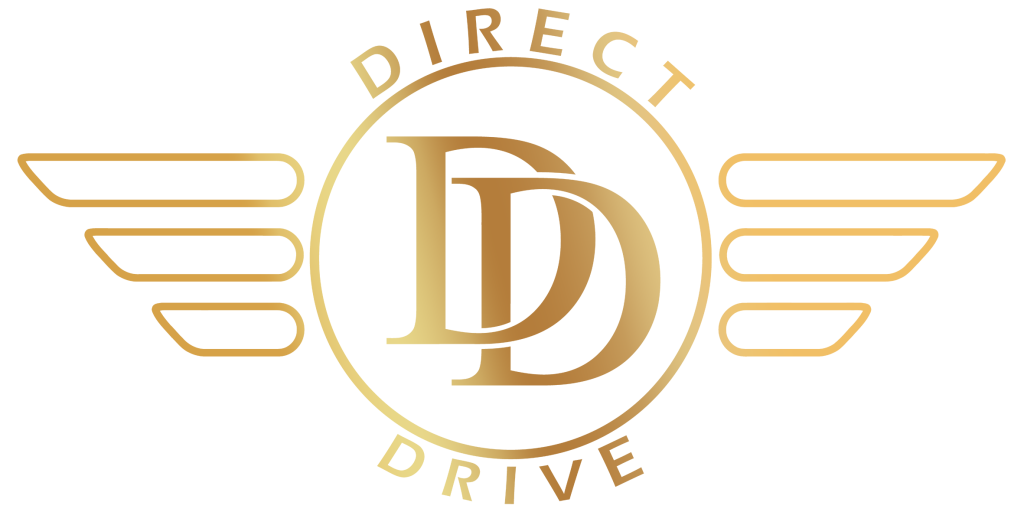Iran Customs Clearance: A Simple Guide for Traders
Estimated reading time: 5 minutes
Key Takeaways:
- Iran’s customs process is managed by IRICA (Islamic Republic of Iran Customs Administration).
- Registration and obtaining an IEC (Importer-Exporter Code) are essential.
- The Harmonized System (HS) is used for goods classification.
- Customs declarations are submitted online via the EPL system.
- Working with a customs agent can simplify the process.
Table of Contents
- Introduction to the Customs Clearance Process in Iran
- Overview of Iran Customs Regulations
- Step-by-Step Guide: Importing to Iran
- Step-by-Step Guide: Exporting from Iran
- Documents You’ll Need
- Common Problems (and How to Solve Them!)
- Frequently Asked Questions (FAQ)
- Conclusion and Key Takeaways
Introduction to the Customs Clearance Process in Iran
Have you ever had a shipment stuck at the border, costing you time and money? It’s a common problem, especially when dealing with a new country’s rules. If you’re trading with Iran, understanding their customs clearance process Iran is essential. That’s where this guide comes in!
What is customs clearance? Think of it like getting a passport for your goods. The customs clearance process Iran is how the Iranian government checks and approves goods coming in (imports) and going out (exports). It makes sure everything follows their laws about taxes and what can be traded. This process can be quite detailed, so being prepared is crucial. [1], [2]
At Direct Drive Logistics, we want to make international trade easier for you. This guide will help you through the customs clearance process in Iran. We want you to avoid delays, unexpected fees, and keep your business moving.
Overview of Iran Customs Regulations
To understand customs in Iran, you first need to know who’s in charge. It’s the Islamic Republic of Iran Customs Administration, or IRICA. They are the main organization controlling what goods enter and leave the country. [1]
Iran customs regulations are not simple. There are many rules and sometimes you need special permission for certain items. This is why many businesses choose to work with experts who understand the system. [2]
One important thing to know is the Harmonized System, or HS. This is a way of naming and coding goods that is used all over the world. Iran uses it too. The HS code tells you what taxes and duties you’ll need to pay. [3]
Step-by-Step Guide: Importing to Iran
Importing goods into Iran? Here’s a simple breakdown of the customs process guide Iran. We’ll cover the main steps you need to follow.
Step 1: Get Registered
Before you even start, you need to register with IRICA. Think of it like getting a membership card. You’ll get an Importer-Exporter Code (IEC). This is essential for doing business in Iran. [1]
Step 2: What Are You Importing?
Next, you must correctly identify your goods. Use the Harmonized System (HS) codes. This decides how much tax you’ll pay, so it’s very important to get it right! [1]
Step 3: Tell Customs About It
Iran uses an online system called EPL for customs paperwork. You’ll need to fill out a customs declaration form online. This form asks for all the details about your goods: what they are, where they’re from, how much they cost, and who is sending and receiving them. [2]
Step 4: Checks and Payment
Customs officials might check your goods to make sure everything matches your paperwork. You’ll also need to pay any duties and taxes at this stage. [1]
Step 5: Get Your Goods!
Once everything is approved, you get a customs clearance certificate. This is your proof that everything is okay, and you can finally collect your goods.
Step-by-Step Guide: Exporting from Iran
Sending goods out of Iran? The customs process guide Iran for exports is similar to imports, but with a few differences.
Step 1: Registration
Just like with imports, you need to be registered with IRICA and have an IEC. [1]
Step 2: Classify Your Goods
Again, you’ll use the Harmonized System (HS) to identify your goods. [1]
Step 3: Export Paperwork
You’ll fill out an export declaration form using the EPL system. It’s similar to the import form, but for goods leaving the country. [2]
Step 4: Checks
Customs may check your goods to make sure they match the rules for exporting from Iran. [1]
Step 5: Ship It!
Once everything is cleared, you can send your goods on their way! [2]
Documents You’ll Need
Having the right paperwork is *very* important for customs clearance in Iran. Here are some of the key documents you might need:
- Application form (filled out completely)
- Proof that your business is registered
- Your passport
- Your company’s bank statement
- Customs declaration form
You might also need these, depending on what you are shipping:
- Bill of lading (like a receipt for the shipment)
- Special licenses or permits
- Commercial card
- Certificate of origin (showing where the goods were made)
- Proforma invoice (a first bill)
- Packing list (showing exactly what’s in the shipment)
Make sure all your documents are correct and complete. Mistakes can cause big delays!
Common Problems (and How to Solve Them!)
Even with careful planning, things can sometimes go wrong. Here are a few common challenges with the customs process guide Iran, and some tips to help:
- Lots of Rules: Iranian rules can be complex, and sometimes you need many permits. This can slow things down. [1]
- Mistakes on Paperwork: If your documents are wrong or missing information, your goods might get held up. [2]
Here’s what you can do:
- Get Expert Help: Work with a customs agent who knows the Iranian system. They can guide you and handle the complicated parts. [1]
- Double-Check Everything: Be very careful with your documents. Make sure everything is accurate and complete before you submit them. [1]
Remember, Direct Drive Logistics specializes in navigating complex situations like those in Iran. We’re experts at getting things where they need to be, even with tricky rules or checkpoints.
Frequently Asked Questions (FAQ)
What is IRICA?
IRICA stands for the Islamic Republic of Iran Customs Administration. They are the main government body that controls customs in Iran.
What is an IEC?
IEC stands for Importer-Exporter Code. It’s a number you need to get from IRICA to import or export goods in Iran.
What is the Harmonized System (HS)?
The HS is a worldwide system for naming and coding goods. It’s used to figure out taxes and duties.
What is the EPL system?
EPL is the online system used in Iran for filling out customs paperwork.
Do I *need* a customs agent?
While it’s not always required, a customs agent can be very helpful, especially if you’re new to trading with Iran or if the rules are complex for your goods. They can save you time and prevent problems.
Conclusion and Key Takeaways
The customs clearance process in Iran involves several steps. It can seem complicated, but it can be easy if you know the regulations. You need to register, provide correct papers, and follow all the rules. [1],[2]
Here’s what’s most important:
- Learn the rules for the customs clearance process Iran.
- Think about working with experts, like Direct Drive Logistics.
- Be extra careful with your paperwork.
Direct Drive Logistics is here to be your trusted partner. We offer secure and reliable door-to-door service, with a focus on countries near Iraq like Iran and Turkey. If you need to ship goods to Iran, UAE, China, or anywhere else, we can help. We also have special experience in moving goods between Iraq and its neighbors, especially for temporary imports for repairs.
Inside Iraq, we know the local rules very well. From the Kurdistan Region to the Federal Region, we can make sure your deliveries happen smoothly. We understand the challenges of customs and checkpoints, and we make sure everything is done right. For a deeper understanding of how we manage these complexities, consider reviewing our information on international supply chain management in Iraq.
Need help with your customs clearance in Iran? Contact Direct Drive Logistics today! We’ll help you every step of the way. You can also explore our customs brokerage services in Iraq for additional support. For a comprehensive overview of how we approach logistics, visit our main page about Logistics Solutions in Iraq. We also provide specialized services such as petroleum transportation.
“`


